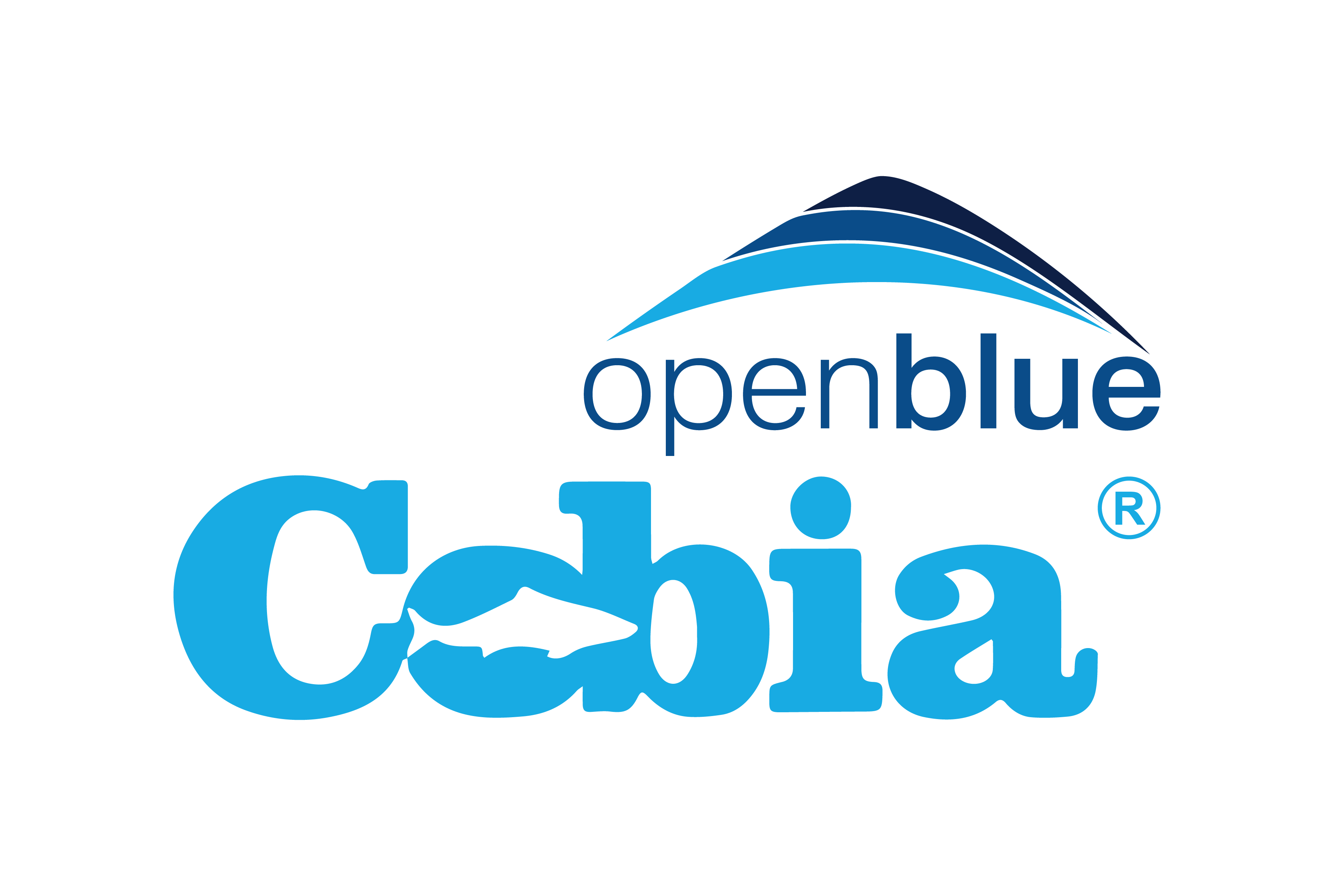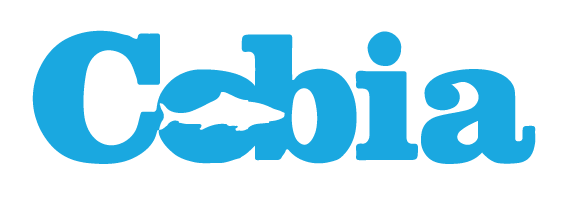
Why a Pescatarian Diet Is Healthier Than Both Vegetarian and Carnivorous Diets

The vegetarian diet and the carnivorous diet have their health benefits. However, the two extremes are not without certain long-term risks. Some consider the pescatarian diet—basically a vegetarian diet that allows fish and seafood—as somewhere in between the vegetarian and carnivorous diets.
In this article, we take an unbiased look at the carnivorous, the vegetarian, and the pescatarian diets and explain why the pescatarian diet could be the best for long-term health.
The Risks of the Carnivorous Diet
Animal-derived products such as milk, eggs, and meat are generally rich in most essential nutrients our body needs. Animal products are also low in simple carbohydrates. This promotes ketosis, improves fat burning, and makes your cells more sensitive to insulin. Animal products are also a great source of amino acids, which your body needs to build muscle and repair itself.
However, animal products also contain substances that promote the progression of degenerative diseases. Cholesterol and saturated fats in eggs and meat are two driving factors of heart disease. Animal products also raise your growth hormone and N-nitroso compound levels, which are strongly associated with an increased risk of cancer.
Overconsumption of red meat protein itself has been shown in some studies to accelerate your biological aging clock. But everyone is different, and your physiology may be a perfect fit for a diet high in meat protein. Consult your doctor before embarking on any dramatic diet changes to see if what you’re doing will benefit you.
The Limits of the Vegetarian Diet
Plants cannot produce cholesterol and are low in saturated fats. This makes a plant-based diet better for heart health. Plants also don't raise your growth hormone levels like meat does in some people. Some plant-based foods contain xenobiotic compounds—for example, curcumin in turmeric. These compounds are not essential for animals but can promote health by lowering inflammation and fighting free radicals.
However, plant-based foods don't contain high-enough levels of many of the bioavailable nutrients we need to survive. These include proteins, vitamin D, and B vitamins such as folate. The issue with plant-based proteins is not the protein content, which can be similar to that of red meat, but the low bioavailabity—the protein's ability to have an active effect on the body—of plant-based proteins.

Pescatarian Diet: The Best of Both Worlds
The pescatarian diet fulfills the limitations of plant-based foods without the risks that come with animal-based foods. Fish such as whitefish are generally low in cholesterol and saturated fats, which keeps the heart healthy. Whitefish, cobia in particular, is also high in omega-3 fatty acids, which actively protect you against many age-related diseases, including heart disease and dementia. The pescatarian diet is the best of both worlds.
At Open Blue, we're the leading cobia fish supplier in the US. We deliver the finest-quality wild-caught whitefish, which is raised in our offshore open-ocean aquaculture farms. Cobia whitefish raised at Open Blue get access to a varied diet from the natural environment of the sea, which ensures you get healthy, nutritious cobia whitefish delivered to your home.
Want the amazing benefits of whitefish in your diet? Shop now.

